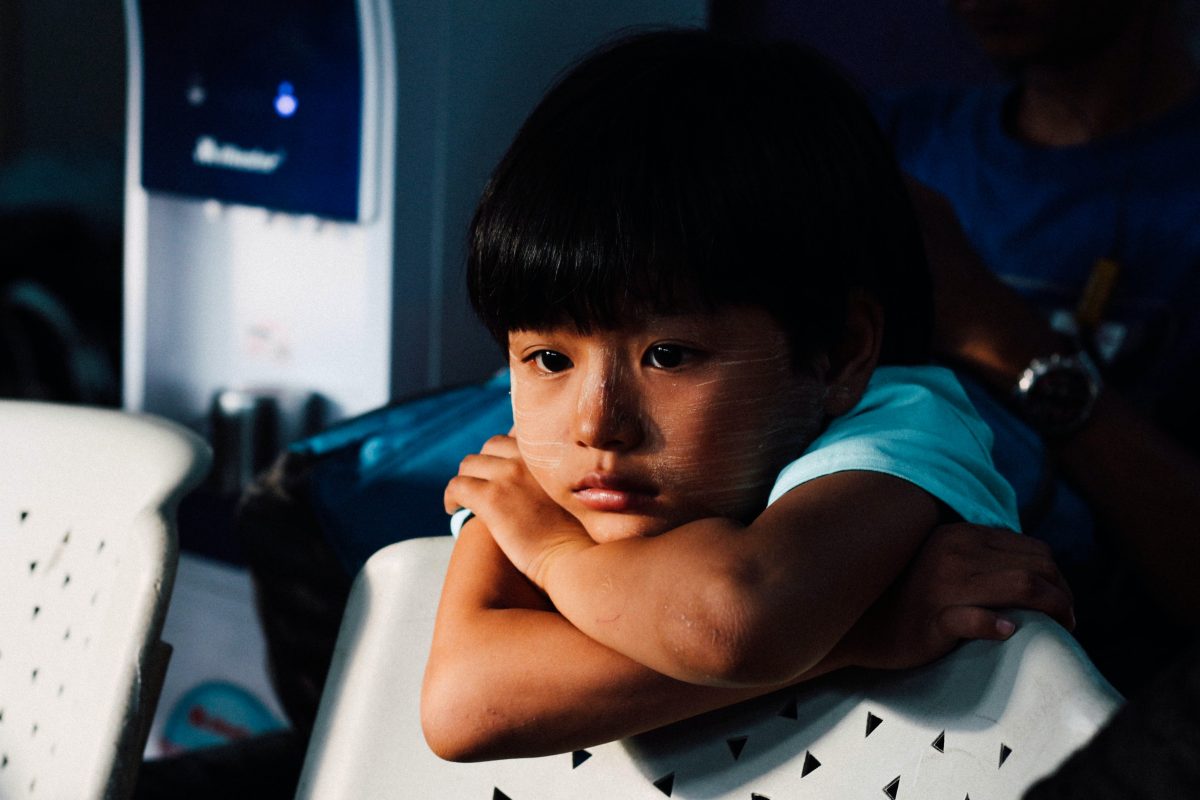After the murder of George Floyd by police officers, parents are wondering how to talk with their kids. There is no question that we must. Our children need to understand the world we live in. They need to know about our obligation to each other.
We certainly don’t want to terrify our kids. But unless our kids are very young, they will hear about it somehow. They might hear it from friends, or overhear us talking. And if we leave them without guidance, they will come to their own conclusions.
The problem is that parents feel like we need to talk to our kids about this. But it will both help us do a better job and take the pressure off if we recognize that talking is not what we need to be doing as parents. What we need to be doing right now is listening.
In this post I share two remarkable voices. Depending on your kids age, try listening to one or both these voices together. Challenge yourselves to really hear them.
How exactly do we talk to young kids about racial injustice?
For younger children, reading a book together can be a powerful way to interact about difficult subjects. This beautiful book by Jelani Memory moved me to tears. The book is sensitive and clearly communicated. It is appropriate for kids as young as preschool. Please sit with your children while you watch the 3-minute video as the author reads his book. Then discuss it.
How do we talk with older kids about racism?
If ever there was a time to listen, to really listen, it is now. We must listen to the people who are suffering tell us their story. This 18 minute video from Trevor Noah, host of the Daily Show and also a powerful witness of our society, is a must watch. Depending on your child, this could be appropriate at middle school age and up. For a very mature child, even younger may be appropriate.
Noah discusses the multiple recent incidents of public racism and mistreatment. He explains the social contract, and how damaging it is when those who enforce the law do not follow the law. He points out how traumatic it is “for black Americans to see their principles completely delegitimized.” He talks about the reality of “haves” and “have nots,” and how often the haves tell the have nots, “This is not the right way to do things.” He reminds us that this is what Dr. Martin Luther King, Jr. was told when he included children in his protests. He reminds us that this is what people were told when they marched against apartheid in South Africa.
“There is never a right way to protest. There is no right way to protest because that’s what protest is. It cannot be right, because you are protesting against a thing that is stopping you,” says Noah in the video.
He points out that when people feel visceral disgust or unease at seeing the looting, they must try to understand what it feels like for black people everyday. “George Floyd died, ” he says. “That is part of the reason this story got so big, because he died. But how many other George Floyds are there who don’t die? How many men are having knees put on their necks? How many Sandra Brands are out there being tossed around? It doesn’t make the news.”
“Imagine to yourself if you grew up in a community where every day someone had their knee on your neck. Where every day somebody was out there oppressing you. Every single day. You tell me what that does to you as a society, as a community, as a group of people? And when you know that this is happening because of the color of your skin. Not because the people are saying that it’s happening because of the color of your skin. But because it’s only happening to you and you are the only people who have that skin color,” says Noah.
The full video is here:
We belong to each other.
Please talk with your kids about what is happening. But more importantly, teach them that more than talking we need to listen. We must listen to the voices who cry out for justice.
My humanity is bound up in yours, for we can only be human together.
Desmond Tutu, Winner of the Nobel Peace Prize, Archbishop of Cape Town, Anti-apartheid and humans right activist.

